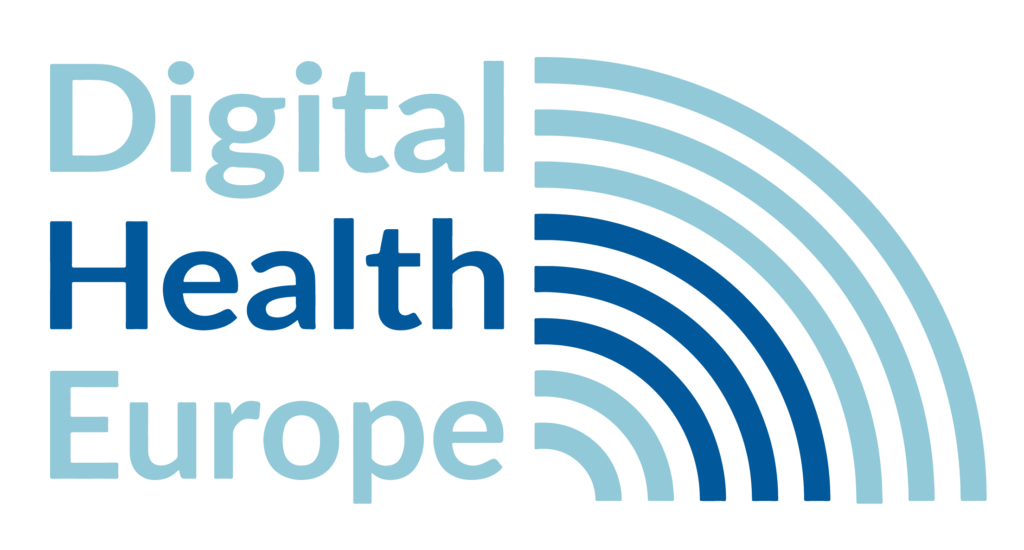Care Team Capacity and Capability
- Appropriately skilled care team
- Digital skills and literacy
Appropriately skilled care team
The digital transformation of the health and care service delivery is providing an opportunity for the introduction of innovative ICT-enabled and AI-powered solutions which shift the focus towards individualised, person-centred and integrated care. Alongside this transformation there needs to be investments in the skills, competencies and knowledge of the care team members in order for them to safely and responsibly utilise these new technologies. In order to fully harness the benefits of integrating digital health and care solutions in daily workflows, continuous up-skilling and re-skilling of digital literacy and technical competences is necessary, including on topics such as data privacy, security and ethical awareness. This DHE building block presents strategies and approaches to equip the care teams with the necessary skills for utilising and adapting to the digital transformation in the health and care sectors.
Digital skills and literacy
Digital literacy refers to the skills, knowledge, and attitudes necessary to successfully use digital solutions, effectively understand and utilise data outputs from such solutions as well as actively participate in the digital information society. Although digital competences are generally improving through increased utilisation of digital technologies, there remain significant digital literacy gaps within and between population groups. This inequality is also visible in the health and care sectors, where citizens, patients and healthcare professionals often lack the knowledge and skills to understand and appropriately use digital innovations and electronic health and care data and information. Since eHealth competences are crucial for boosting the digital transformation in health and care, more effort towards capacity building is required. This DHE building block presents strategies, tools and mechanisms for advancing digital skills in order to enable all stakeholders to fully benefit from digital health and care innovations.
